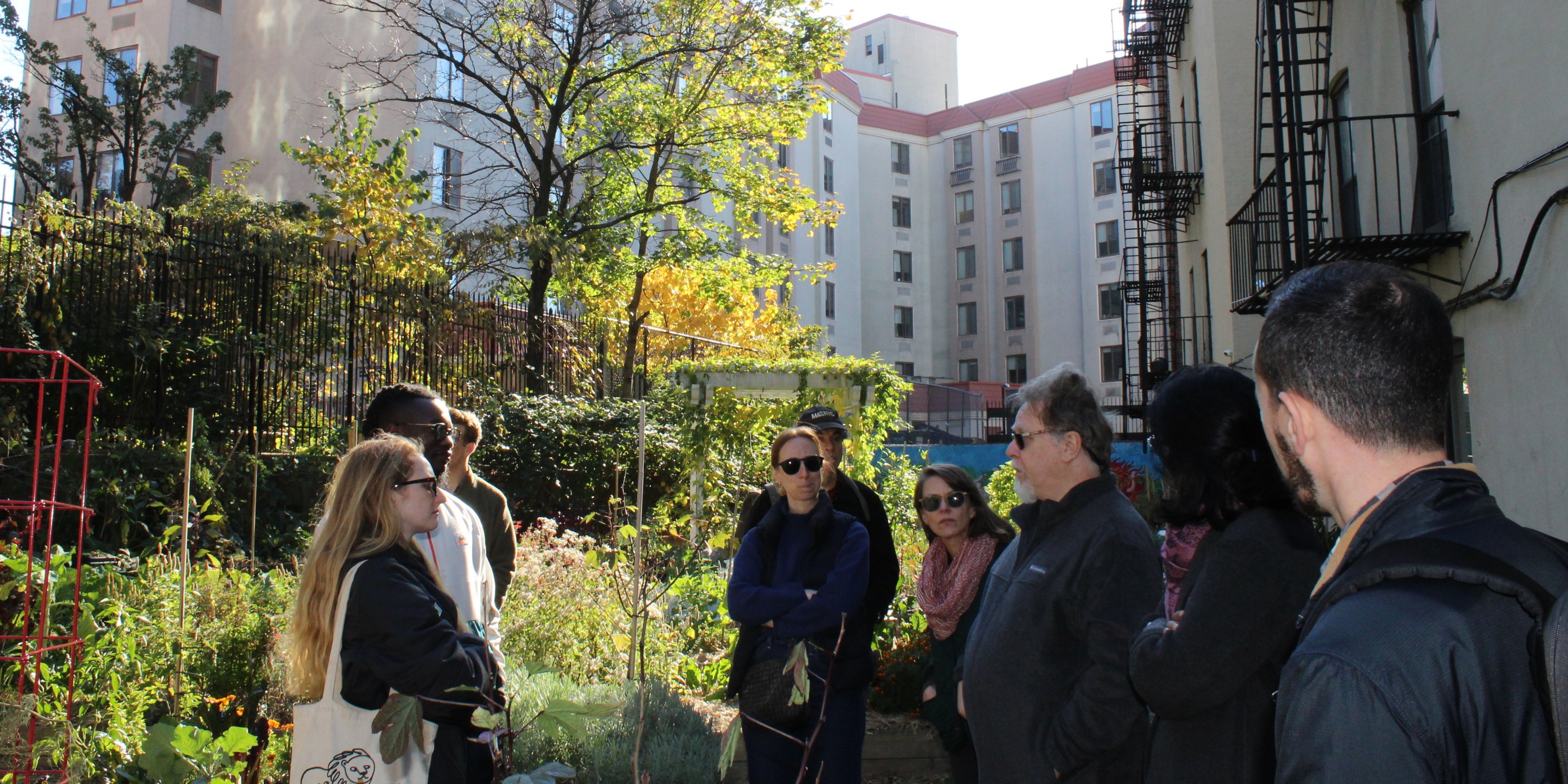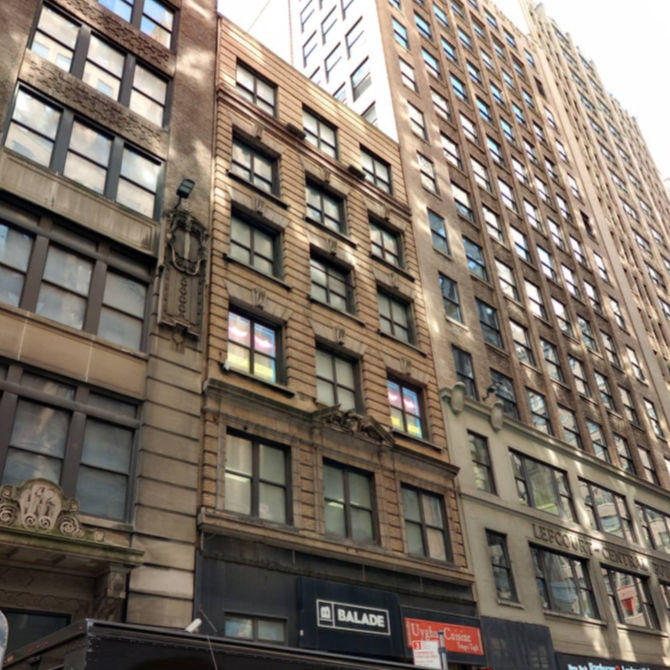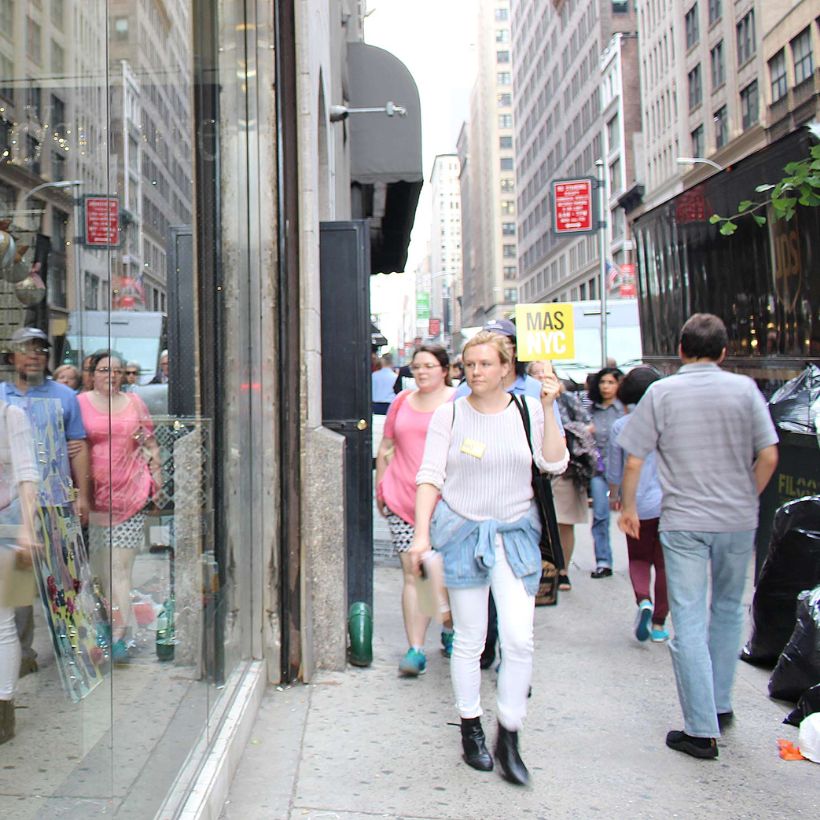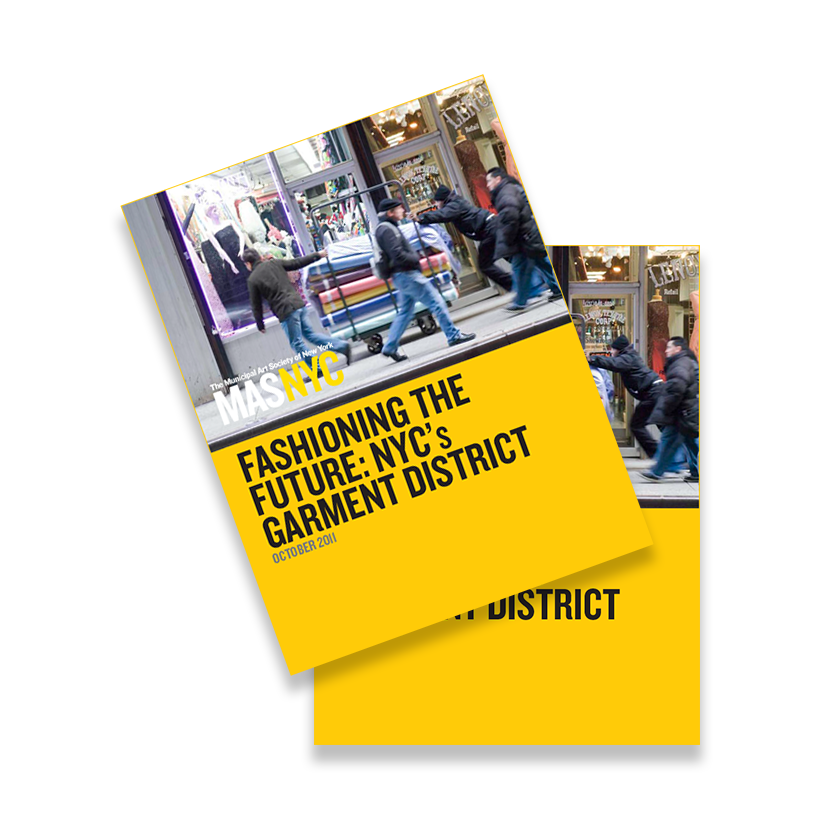MAS Testimony to the City Council Subcommittee on Zoning and Franchises
Thursday, July 1, 2025
The Municipal Art Society of New York (MAS) supports the Midtown South Mixed-Use Plan (MSMX) to foster a vibrant 24/7 mixed-use neighborhood, including affordable housing, eased office to housing conversions, and public realm improvements. MSMX is consistent with our support for the City of Yes for Housing Opportunity (COYHO) zoning amendment with its promise of mixed-use development with deep housing affordability in a transit-rich neighborhood with the infrastructure that can accommodate new growth. All of these factors are critical to helping our city mitigate its housing crisis.
However, the projected displacement of the remaining garment industry businesses is of great concern. The Draft Environmental Impact Statement (DEIS) notes that an estimated 114 businesses could potentially be displaced under the proposal. Yet, this was determined to not have a significant adverse impact. The fact is many garment businesses are small, unique shops that provide products that cannot be purchased elsewhere in the city. Many still serve the nearby Broadway theater district.
Download Testimony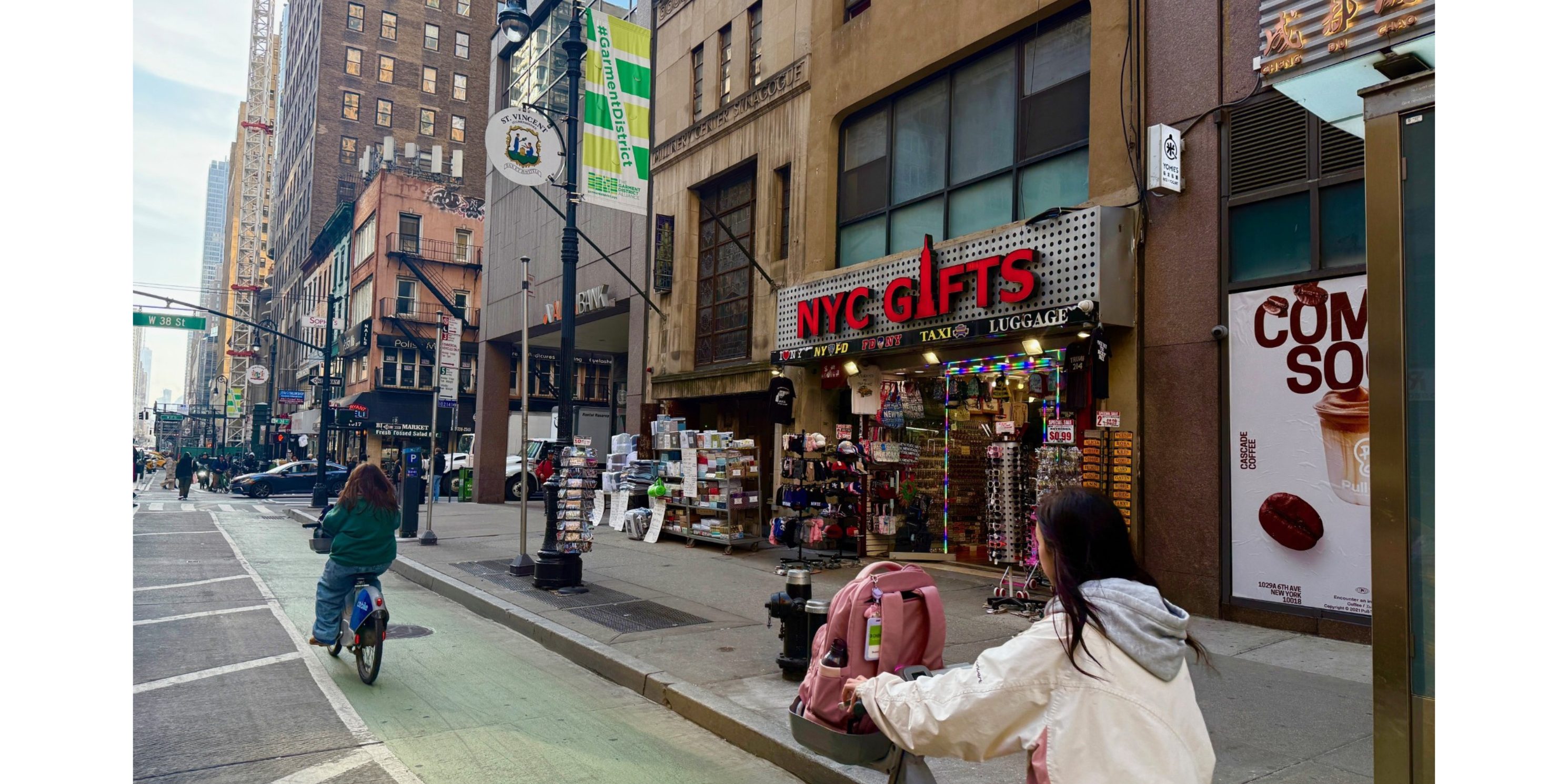
We urge the City Council to review and consider the New York Fashion Workforce Development Coalition’s recommendations to ensure that garment industry businesses are supported and remain active in parallel with meeting the development goals of the Midtown South plan. These measures include workforce programs, the release of remaining Garment District Alliance funds, tax relief for fashion-related businesses, and a displacement relief fund. Additionally, the City must prioritize and incentivize adaptive reuse over demolition to minimize long-term garment tenant displacement.
MAS is also concerned that the rezoning favors big-box retail and Class A office space (99 percent of office space in the rezoning area is Class B or C). How can the City balance new housing development and support for small businesses who want to remain in place but will not be able to afford Class A rent?
Class B and C office space plays a valuable role in the city, especially for nonprofit organizations and small businesses who cannot afford Class A. Eliminating large swaths of Class B and C office space will not only leave a void in the market, it will also diminish the vitality and diversity of the area’s urban fabric. Further, overinvestment in Class A space and big-box retail may not meet community and economic needs and leave less flexibility in the future to adapt to market changes.
A truly thriving mixed-use neighborhood must support residents, workers, and small businesses. This is where the City of Yes for Housing meets the City of Yes for Economic Opportunity. As the plan moves forward, we ask that the concerns outlined by the New York Fashion Workforce Development Coalition be addressed.
Sincerely,

Keri Butler
Interim President, Municipal Art Society of New York
